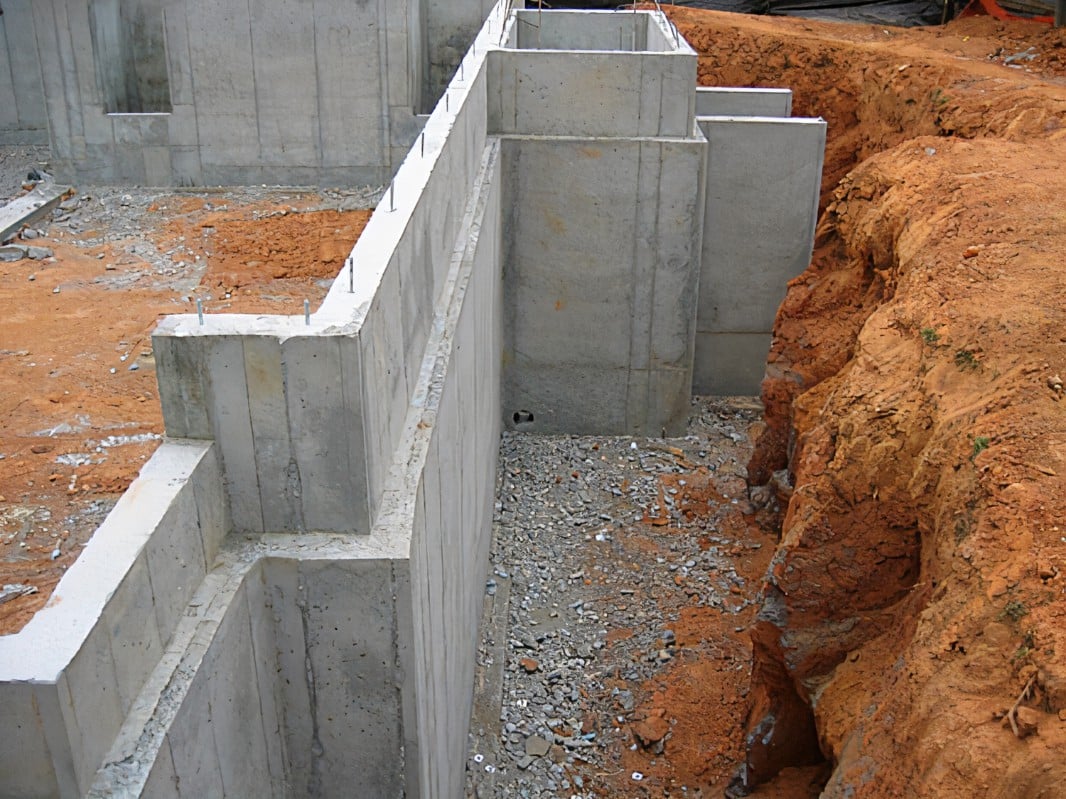Why Concrete Provides Foundation For Various Structures In Poway Ca?

- Concrete’s innate strength and durability make it an ideal choice for the foundation of various structures. The composite nature of concrete, combining cement with aggregates like sand and gravel, creates a material that can withstand significant weight and pressure. Once set, it does not rot or decay, maintaining its integrity for many years.
- Concrete can be cast into almost any shape, size, and complexity, making it a highly adaptable material. Whether it’s a bridge, skyscraper, or a residential house, concrete can be used to create a variety of structures. This quality is particularly important in creating foundations, where a precise fit with the structure above is critical.
- In comparison to other building materials, concrete is relatively inexpensive. Its raw materials are abundantly available, and the production process is straightforward. The cost-effectiveness of concrete makes it a preferred option for various projects, allowing builders to use a high-quality material without breaking the bank.
- Concrete’s fire resistance is another key attribute that contributes to its extensive use in construction. Unlike wood and some metals, it does not easily succumb to fire, thereby providing additional safety to structures. Additionally, concrete’s ability to withstand extreme weather conditions, including hurricanes and earthquakes, adds to its desirability.
- Concrete’s components are usually sourced from local materials, reducing transportation costs and emissions. Additionally, new advancements in concrete technology are continually reducing its environmental impact. For instance, the use of recycled materials within the concrete mix and the development of concrete that absorbs CO2 are promising strides toward sustainability.
FAQs
Why Is Concrete Preferred Over Other Building Materials For Foundations?
Concrete is preferred due to its unique combination of strength, durability, versatility, cost-effectiveness, and resistance to extreme conditions. These characteristics make it ideal for supporting various structures.
Can Concrete Be Used In Eco-friendly Construction?
Yes, concrete can be part of eco-friendly construction. The use of recycled materials and new technologies, such as carbon-absorbing concrete, is helping to make concrete a more sustainable building material.
How Does The Composition Of Concrete Contribute To Its Strength?
The composite nature of concrete, combining cement with aggregates like sand and gravel, gives it its immense strength. The right balance of these materials, properly mixed and cured, creates a solid matrix that can withstand significant stress and weight.
Conclusion
Concrete’s many advantageous properties make it the foundation of choice for a multitude of structures. From its inherent strength and adaptability to its cost-effectiveness and resilience against various environmental challenges, concrete is unrivaled in its utility and efficiency. As technology advances, it seems that concrete’s importance in construction will only continue to grow, underpinning our world in more ways than one. For more information, contact Concrete Contractor Poway Ca at (858) 683-6565.